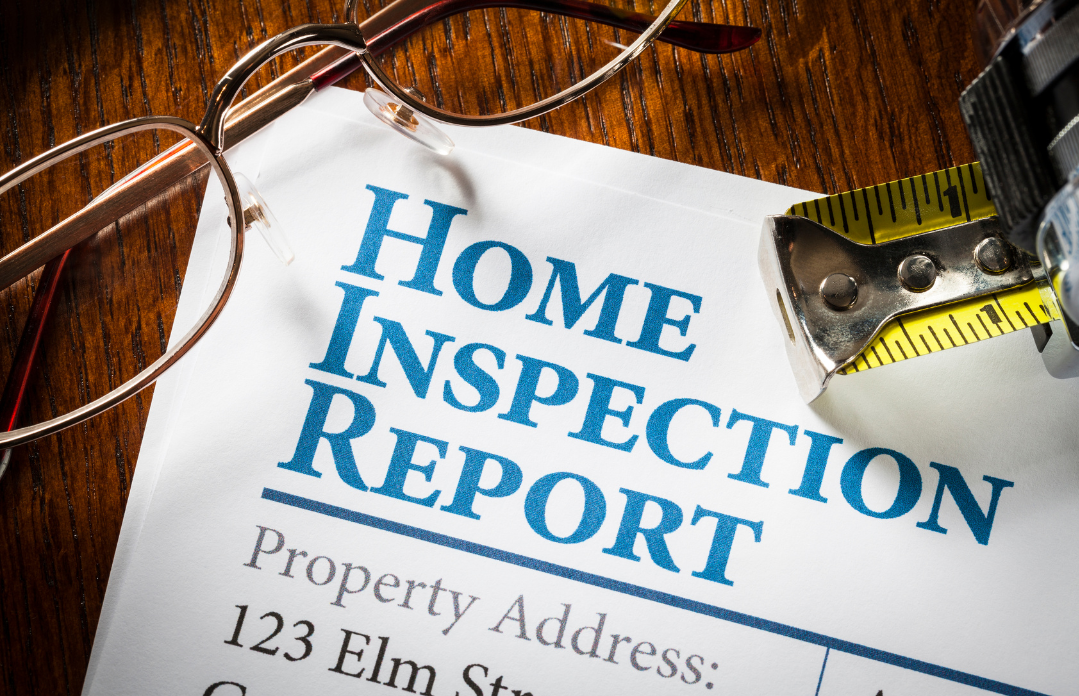
Buying a home can be an exciting yet overwhelming experience, especially for first-time homebuyers. With so many decisions to make and factors to consider, it's easy to feel lost in the process. Let's take a look at some of the top questions that homebuyers ask and what they are searching for when it comes to buying real estate.
How much can I afford?
Your budget is determined by several factors, including your income, expenses, debt-to-income ratio, credit score, and down payment. Here's a closer look at each of these factors and how they can affect your budget:
- Income: This takes into account your monthly income and expenses to determine how much of your income can go toward your mortgage payment.
- Expenses: Including things like car payments, student loans, and credit card bills, can also affect your budget. You'll need to consider your expenses when determining how much you can afford to spend on a home.
- Debt-to-income ratio: This is the amount of debt you have compared to your income. Generally, lenders prefer a debt-to-income ratio of 36% or less.
- Credit score: A higher credit score typically results in a lower interest rate, which can lower your monthly mortgage payment and increase your buying power.
- Down payment: A larger down payment can help you secure a better interest rate and lower your monthly mortgage payment.
Be sure to factor in additional expenses like property taxes, insurance, and maintenance costs when determining your price range.

What kind of home should I buy?
Once you've determined your budget, the next step is to consider what kind of home you want to buy. Here are some factors to consider when choosing the right home for your needs:
- Location: Some areas may be more expensive than others. Consider factors like proximity to work, schools, and amenities when choosing a location.
- Type of home: Different types of homes, such as single-family homes, townhouses, and condos, can vary in price. Consider which type of home best suits your needs and budget.
- Size of home: A larger home may cost more upfront, but may be a better long-term investment.
- Age and condition: A newer home may cost more but may require less maintenance over time.
Consider all of these factors when choosing the right home for your needs and budget.

What should I look for during a home inspection?
- Structural issues: Such as foundation problems or water damage.
- Electrical issues: Look for any signs of outdated or faulty electrical systems during your inspection.
- Plumbing issues: Make sure the plumbing in the home is in good condition during your inspection.
- HVAC system: Make sure the system is in good working order during your inspection.
- Roof and exterior: Make sure there are no signs of damage or wear and tear that could lead to costly repairs down the line.
By keeping these factors in mind during your home inspection, you can ensure that you are making a wise investment and avoid any potential costly surprises down the road.

Buying a home is an exciting and complex process, and understanding your budget is crucial to making the right decision. By considering these factors, you can determine how much you can afford to spend on a home. Additionally, by considering things like location, type of home, size, and condition, you can choose the right home for your needs and budget. Finally, by being diligent during your home inspection and looking for issues like structural problems, electrical issues, plumbing issues, HVAC system problems, and roof and exterior issues, you can make a wise investment that will pay off in the long run.
Posted by Infinity Admin on

Leave A Comment